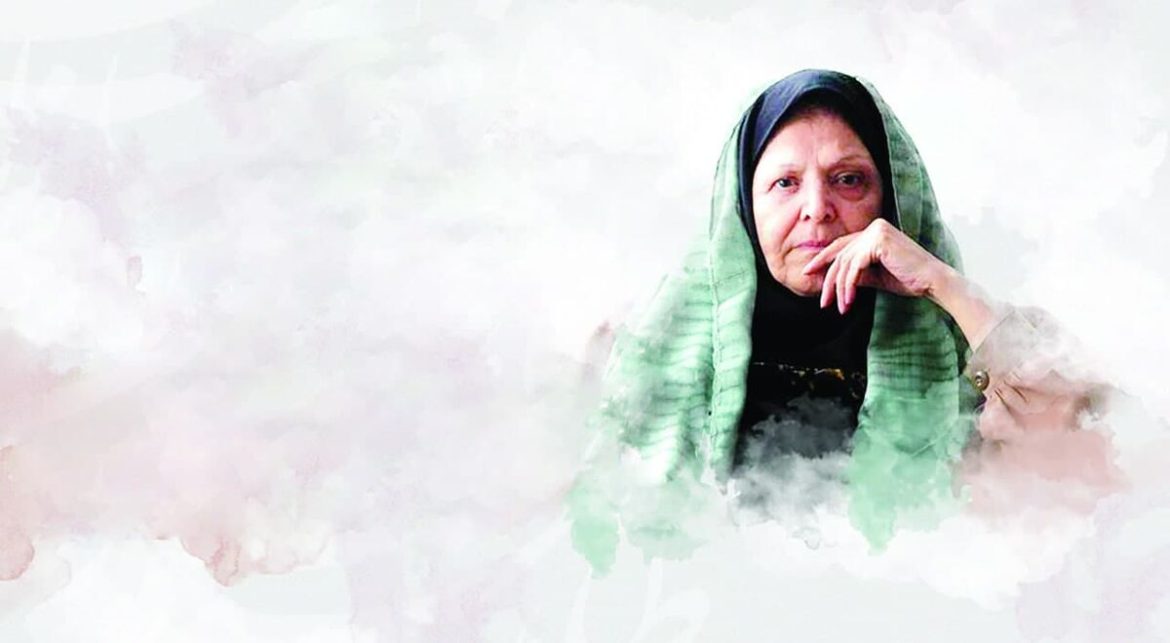Tahereh Saffarzadeh was a trailblazer in Iranian literature and translation studies. As the country’s first instructor of practical translation criticism, she shaped how generations of students approached language, literature, and interpretation. Beyond academia, her poetry and Qur’an translation reflect a lifelong pursuit of precision, clarity, and social relevance.
Early Recognition in Translation
In 1967, Saffarzadeh was named one of the five founding members of the Asia Translation Committee during the International Poetry Festival in Dhaka. Her work brought Iran to the forefront of translation scholarship in Asia. Decades later, in 2005, the Afro-Asian Writers’ Organization in Egypt honored her as the “Outstanding Muslim Woman,” a recognition of both her literary and scholarly contributions.
Academic Leadership and Language Reform
After the Iranian Revolution, Saffarzadeh became president of Shahid Beheshti University and dean of its Faculty of Literature. She recalled that her critical essays on foreign-language teaching had caught the attention of the Cultural Revolution Headquarters. Invited to redesign the curriculum, she oversaw the development of the first university textbooks in German, French, Russian, and English for scientific disciplines—supervising the project for sixteen years.
Her work with the Academy of Persian Language and Literature produced specialized dictionaries and reference books, combining scientific rigor with innovative approaches to language. These contributions set new standards for translation and academic publishing in Iran.
Poetry That Breaks Tradition
Saffarzadeh’s poetry spans over a dozen collections, including The Passerby of Moonlight, Echo in the Delta, and Seven Journeys. She described her writing as a deliberate effort to find her own voice:
“I aimed to write poetry that engages with contemporary life, not just the beauty of nature. It had to carry energy, movement, and a logic that reflects society’s realities.”
Her work departs from conventional Persian lyricism. It does not dwell in nostalgia or decorative imagery; instead, it confronts social challenges, embodying both thought and emotion without artificial sentiment.
Translation and Scholarship
Saffarzadeh’s translation of the Qur’an into English marked a historic first by a woman, demonstrating her precision and sensitivity to language. She also wrote extensively on editing, Qur’anic sciences, and literature, bridging academic and creative worlds with equal authority.
Legacy
Tahereh Saffarzadeh passed away on 25 October 2008 in Tehran. Her contributions continue to influence translation studies, poetry, and literary scholarship in Iran and beyond. By combining academic rigor with poetic innovation, she showed that language can be a tool for thought, art, and social reflection—setting an example for writers, translators, and educators alike.


